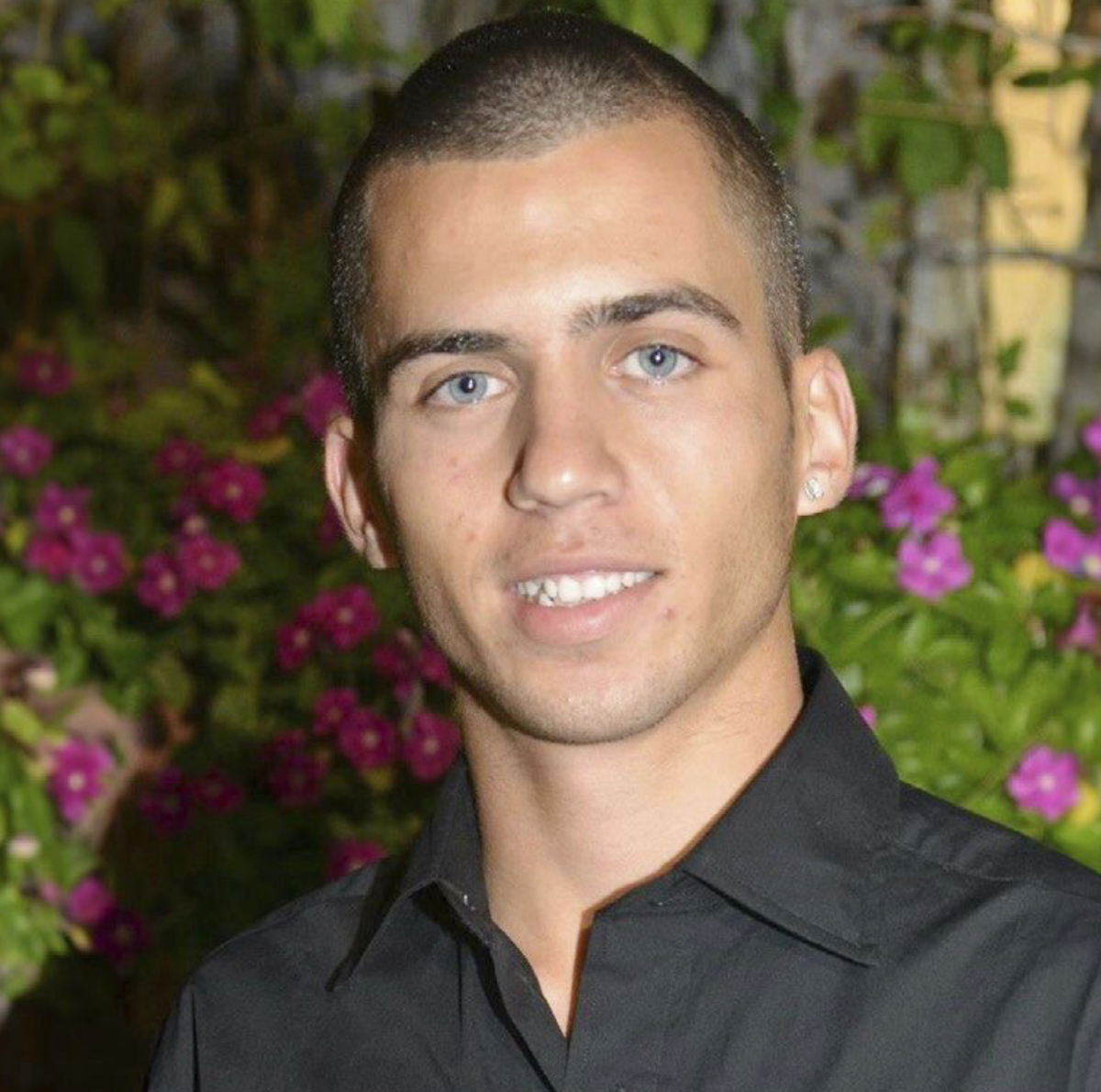GAZA STRIP: At the Jabalia refugee camp in northern Gaza, Abu Gibril was so desperate for food to feed his family that he slaughtered two of his horses.
“We had no other choice but to slaughter the horses to feed the children. Hunger is killing us,” he said.
Jabalia was the biggest camp in the Palestinian territories before the war, which began after Hamas fighters attacked southern Israel on Oct. 7, leaving some 1,160 dead, based on Israeli figures.
Gibril, 60, fled there from nearby Beit Hanun when the conflict erupted. Home for him and his family is now a tent near what was a UN-run school.
Contaminated water, power cuts and overcrowding were already a problem in the densely populated camp, which was set up in 1948 and covers just 1.4 square kilometers.

A Palestinian couple cooks on a fire, at a school where they shelter, amid the ongoing conflict between Israel and Hamas, in Jabalia refugee camp, in the northern Gaza Strip February 22, 2024. (REUTERS)
Poverty, from high unemployment, was also an issue among its more than 100,000 people.
Now food is running out, with aid agencies unable to get in to the area because of the bombing — and the frenzied looting of the few trucks that try to get through.
The World Food Programme this week said its teams reported “unprecedented levels of desperation” while the UN warned that 2.2 million people were on the brink of famine.
On Friday, the Health Ministry in Hamas-run Gaza said a two-month-old baby died of malnutrition in hospital in Gaza City, 7 km away from Jabalia.

A displaced Palestinian child carries a ration of red lentil soup, distributed by volunteers in Rafah in the southern Gaza Strip on February 18, 2024, amid the ongoing conflict between Israel and the militant group Hamas. (AFP)
In the camp, bedraggled children wait expectantly, holding plastic containers and battered cooking pots for what little food is available.
With supplies dwindling, costs are rising. A kilo of rice, for example, has shot up from seven shekels ($1.90) to 55 shekels, complains one man.
“We the grown-ups can still make it but these children who are four and five years old, what did they do wrong to sleep hungry and wake up hungry?” he said angrily.
The UN children’s agency UNICEF has warned that the alarming lack of food, surging malnutrition and disease could lead to an “explosion” in child deaths in Gaza.
One in six children aged under two in Gaza was acutely malnourished, it estimated on Feb. 19.
Residents have taken to eating scavenged scraps of rotten corn, animal fodder unfit for human consumption and even leaves to try to stave off the growing hunger pangs.
“There is no food, no wheat, no drinking water,” said one woman.
“We have started begging neighbors for money. We don’t have one shekel at home. We knock on doors and no one is giving us money.”
Tempers are rising in Jabalia about the lack of food and the consequences. On Friday, an impromptu protest was held involving dozens of people.
One child held up a sign reading: “We didn’t die from air strikes but we are dying from hunger.”
Another held aloft a placard warning “Famine eats away at our flesh,” while protesters chanted “No to starvation. No to genocide. No to blockade.”
In Beit Hanun, Gibril used two horses to harvest a parcel of land. But the conflict destroyed that, along with his house, leaving him with nothing. Over the weeks and months, Israel’s relentless bombardment has left Gaza largely a place of shattered concrete and lives.
Gibril kept the radical decision to slaughter his horses to himself, boiling the meat with rice, and giving it to his unwitting family and neighbors.
Despite the necessity, he said he was still wary of their reaction. “No one knows they were in fact eating a horse.”
In another development, US Secretary of State Antony Blinken has reaffirmed Washington’s opposition to any reoccupation of the Gaza Strip by Israel as well as any reduction of the Palestinian territory’s size.
Blinken’s remarks were in response to a plan for post-war Gaza put forward by Israeli Prime Minister Benjamin Netanyahu, in which his country’s army would have “indefinite freedom” to operate throughout the Gaza Strip once Hamas is defeated.
“Gaza ... cannot be a platform for terrorism. There should be no Israeli reoccupation of Gaza. The size of Gaza territory should not be reduced,” Blinken said in Buenos Aires, after attending a G20 meeting of foreign ministers in Brazil.
Israel’s far-right Finance Minister Bezalel Smotrich called for a “firm security response ... and colonization” by building thousands of new housing units in settlements like Maale Adumim and across the West Bank.
Blinken said that “new settlements are counterproductive to reaching enduring peace, and also inconsistent with international law.”
“Our administration maintains firm opposition to settlement expansion. In our judgment, this only weakens, it doesn’t strengthen, Israel’s security.”

























